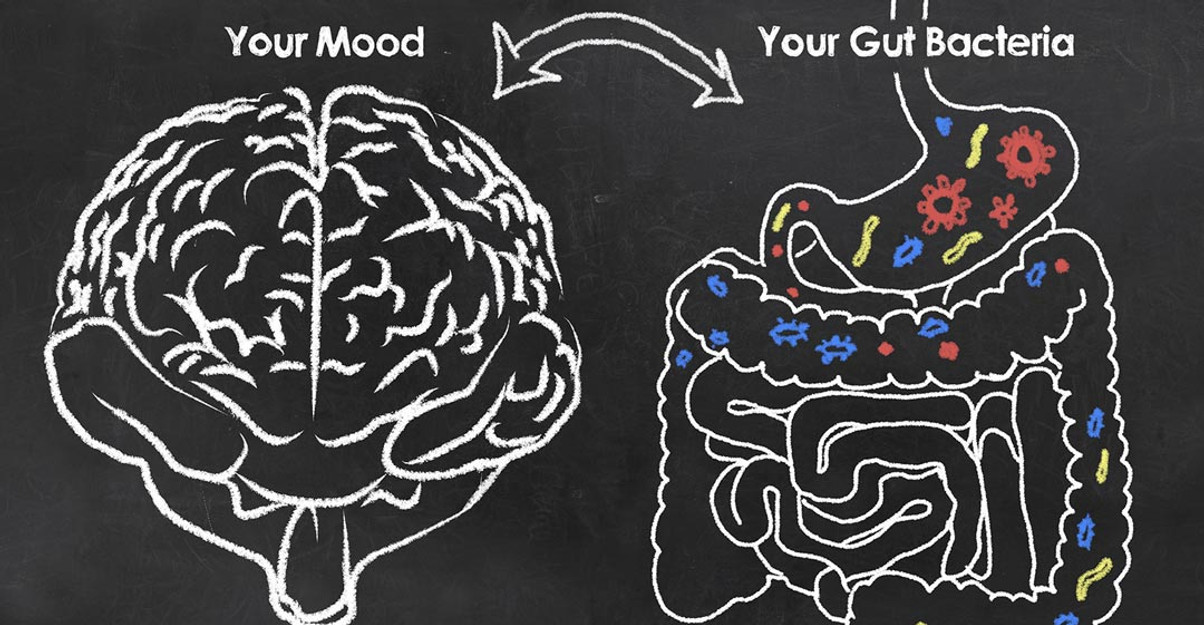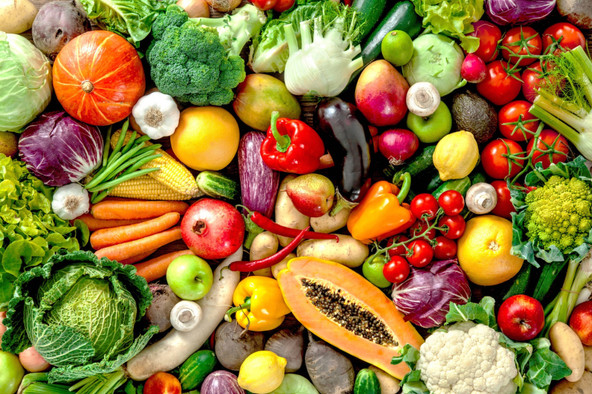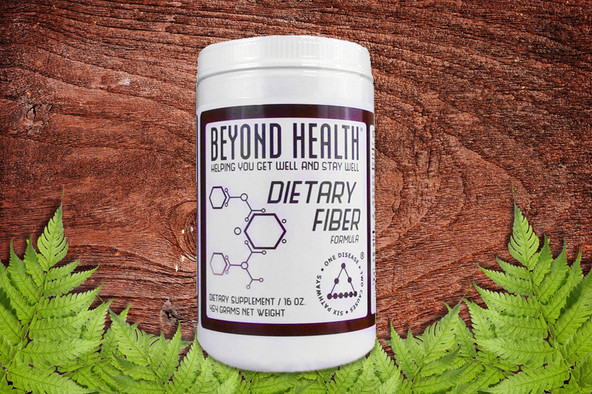Posted by Beyond Health on Nov 3rd 2025
Probiotics, Stress, and Anxiety
There’s been an explosion of research in the past couple of decades on the relationship between gut microbiota (the 3½-4 pounds of microscopic critters that live inside our intestines, especially the bacteria in our colons) and health. One surprising finding is that these colonic microbes have a considerable influence on our ability to deal with stress and anxiety. New challenges posed by the COVID pandemic have made it all the more important to maintain stress resiliency—the ability to roll with the punches and deal with stress and anxiety in a healthy way. Like most health resources, at Beyond Health we’ve often recommended “stress reduction” practices, like meditation, exercise, and simple things like enjoying music or nature to reduce the impact of stress. But an equally powerful way to increase stress resilience is by making sure you have good bacteria in your colon! There is a complex bi-directional communication system between gut microbiota…
read more Fuel your life with the purest vitamins
Fuel your life with the purest vitamins





